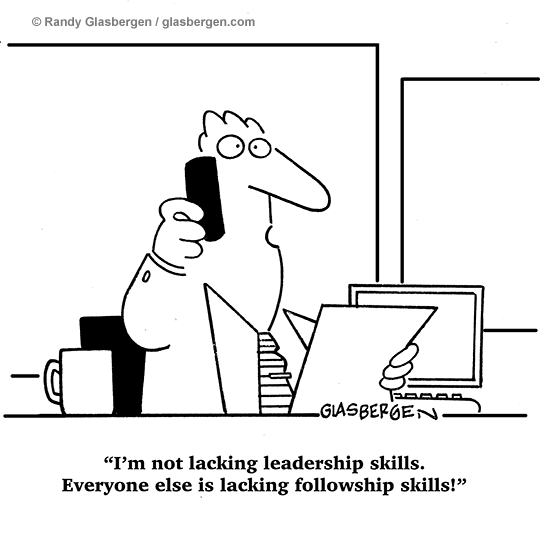Surely you've thought about it at some point. What would you do if you won? Maybe you've even been asked that question as an icebreaker at a cocktail party. The answer can be pretty revealing.

It's fun to dream about winning $30 million and never having to work another day in our lives. Heck, it's fun to dream about winning Ned Devine's $500,000 (except for the part where he dies immediately after he wins...that's not part of the dream).
So how about you?
If you won, would you quit?
What about your employees? For fun, how about a quick poll:
What percentage of people say they'd keep working, even if they won enough to not have to work for financial reasons?
- 0%20%
- 0%40%
- 0%60%
- 0%80%
While most of us, at some point, have daydreamed about never having to work another day in our lives, when really think about life under that scenario, it's not as compelling as it sounds. In a 2022 study by Edward Jones and Age Wave, 31% of people retired for less than 5 years said they struggle to find a sense of purpose. Another study by Harvard School of Public Health discovered retirees were 40% more likely to have a heart attack.
What's going on here? Isn't retirement supposed to be the medal earned for a race well-run?
Maybe it used to be that way. But the world has changed. Your people are thinking about work differently. The Great Rethink has made us...well, re-think how we spend our time. This means more and more workers are asking "Does the delayed gratification of retirement even matter, if I have to run an exhausting race in order to get there?"
In some cases this has caused people to retire early, or make the move to part-time work. Underlying it all, is a larger shift: a desire enjoy the race itself instead of waiting for the medal. More and more of the world's workers are looking for work to deliver an experience, not simply a pay cheque.
And that means we have to think differently as leaders...at least...if we want to remain relevant...if we want to keep our best people, and increase our chances of hiring more like them. The answer to that poll is 80%! Eighty percent of people say they would not quit, even if they won enough to not have to work (don't get too comfortable though. That number drops drastically for people who are miserable in their jobs).
For people who are in psychologically rewarding jobs, more than 80% say they would keep working because work gives them “a sense of purpose and accomplishment.”
The bigger question is this: Would they keep working for you?
The 80% is encouraging because it measn most people want to work. They show up motivated, and expecting to do good things in their day. And that’s good news. It means you don’t have to have a magical recipe for motivating them!

You just need to not ruin it.
So, here are three simple things to keep in mind. Your people are ready to work. Your job, is to create an environment that keeps it this way. And for that, you need to create an environment that fosters 3 things:
1) Competence: "I've got this."
2) Autonomy: "I can choose."
3) Relatedness: "We're in this together."
When these three needs are met in our lives, we thrive. And when we look at these three needs in the context of our workplaces, they are often not needs we can meet for ourselves. We need the help of our leaders. As a leader, you decide who does what work, you decide how much latitude you'll give people as they complete it, you decide what will be done as a team and what will be done individually.
As a leader, you create the environment. How can you be more intentional at fulfilling each need?
Competence

Help people work to their strengths.
Give them chance to hit specific goals.
Praise them.
Criticize them.
Ask them for their input.
Give them training opportunities.
Autonomy
Give them the ability to make as many choices as possible.
Create role clarity.
Let people set their own goals as much as possible (and decide how they’ll hit them).
Give people the freedom to choose (who they’ll work with, on what, and when)
Relatedness
Pay attention to their personal lives
Talk regularly
Let people work together on something
Ask people’s opinion
Design regular social interactions (small and frequent is better than big and infrequent)
You might not be able to instill motivation in another person, but you can most certainly create the conditions for intrinsic motivation to stick around. Most people want to succeed. They are showing up ready and willing to do a good job.
What kind of environment are they encountering?
And is that environment building into their motivation? Or is it detracting from it?
Because for most of your team, work is a gift. As many as 80% of your workforce wouldn’t choose to quit, even if they could afford to, because heir work makes a unique contribution to their overall wellbeing, which means even if Ned Devine was awake, he probably wouldn't have quit afterall.
Create an environment where competence, autonomy and relatedness are plentiful, and your people will enjoy the race itself.
----------------------------------------------------------------------------------------------------------------------
My name is Laura Vaughan. I'm a CPA, a former CEO and I elevate the world's managers so they can do three things in your business: 1) Deliver Consistent Results, 2) Nurture Key Relationships and 3) Drive Strategic Growth. Ask me about The Skillful Manager Program - high-impact, low-time-intensive training for your top team.
----------------------------------------------------------------------------------------------------------------------
